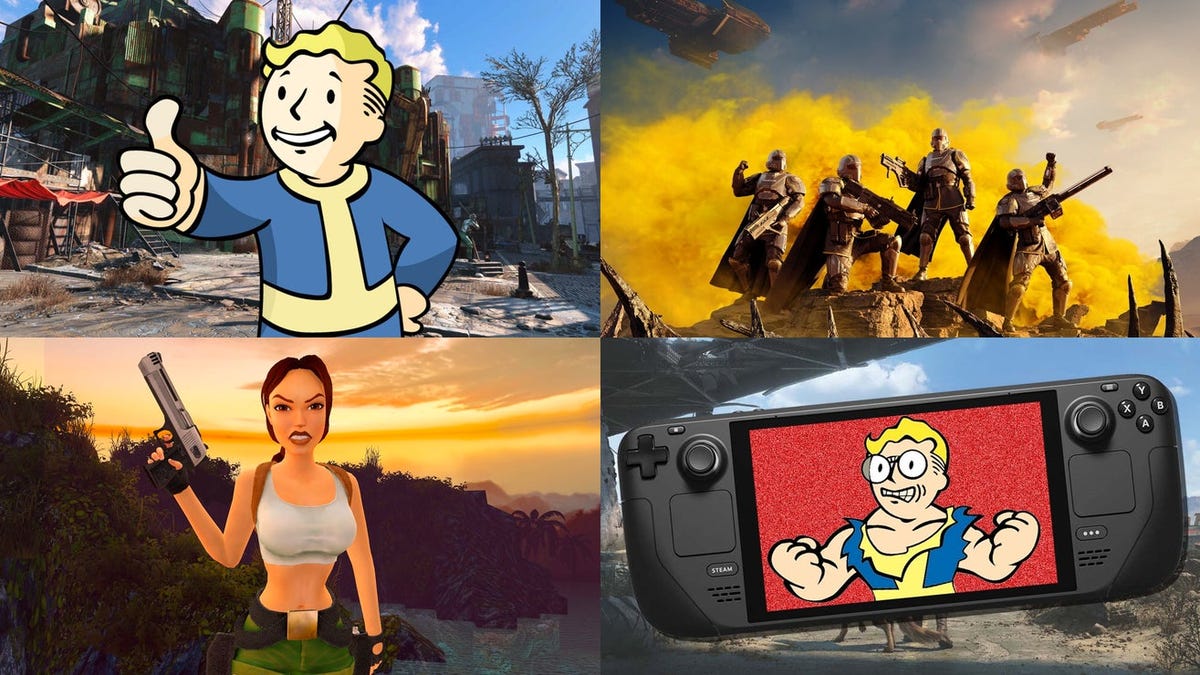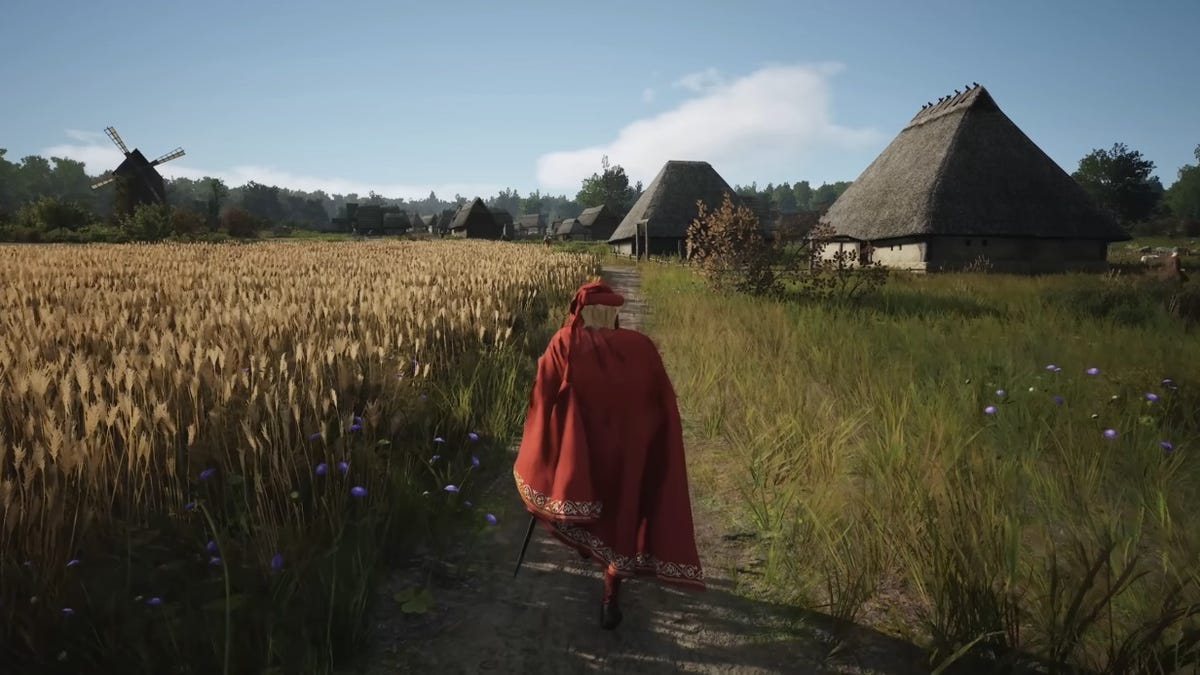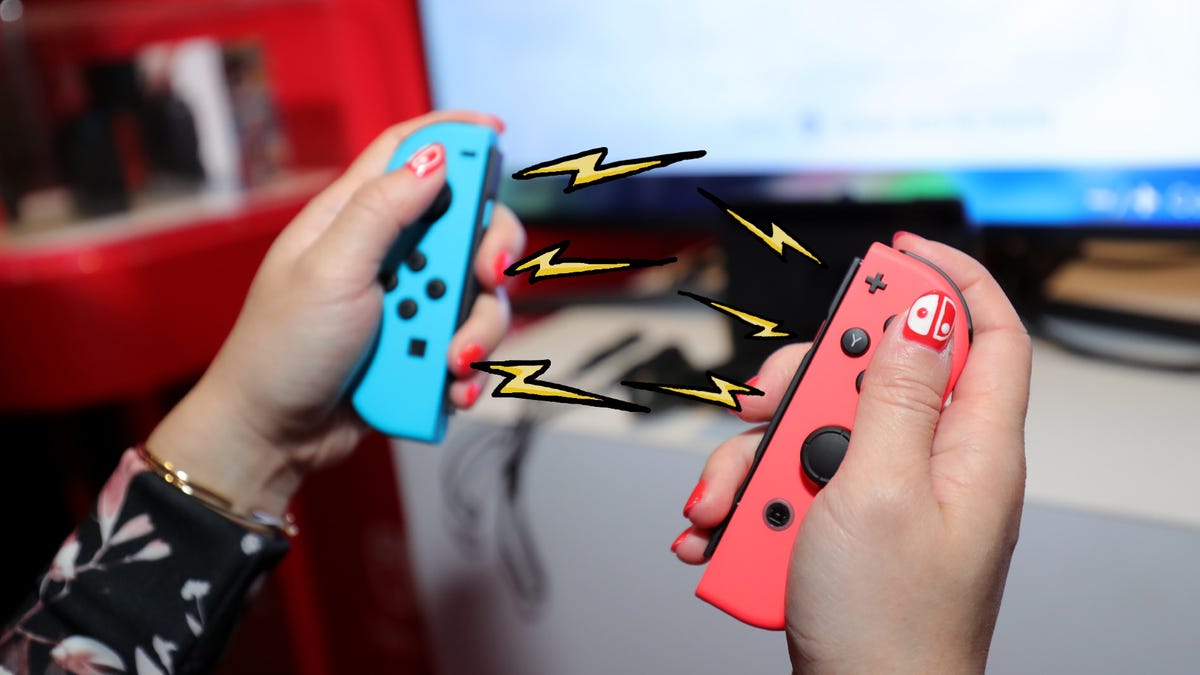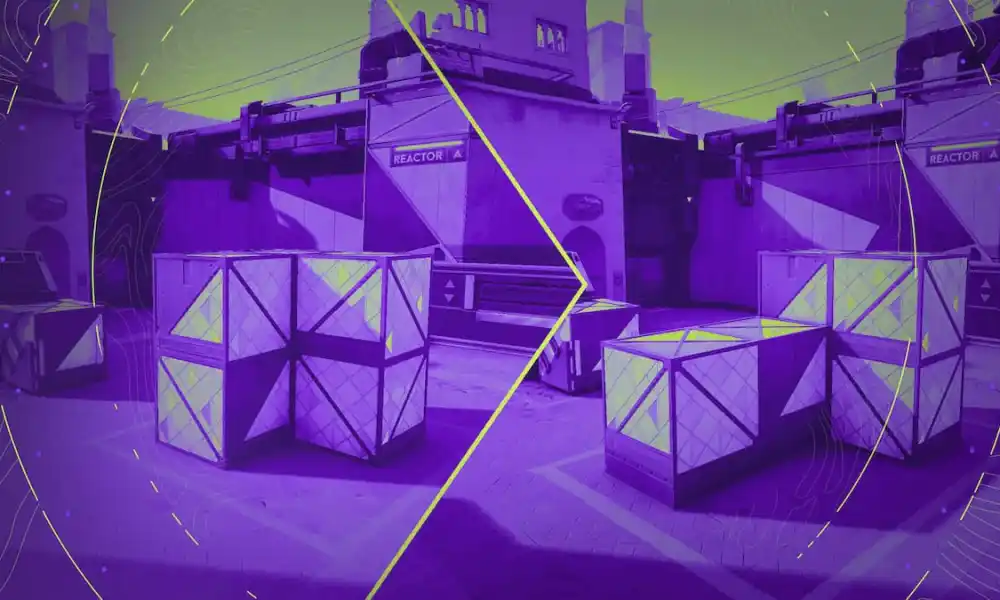Kazuma Kiryu is the face of Yakuza. With such a legacy, it’s easy to see why Yakuza has struggled to move past its steely protagonist, but even before the introduction of the charismatic Ichiban Kasuga, an obscure spinoff proved that the franchise could do just fine without the Dragon of Dojima. Fourteen years later, though, it’s a shame that Black Panther: Like a Dragon New Chapter (Kurohyo: Ryu ga Gotoku Shinsho in Japanese) lies all but forgotten by time, with Western fans never having the chance to meet one of Yakuza’s very best characters.
The Week In Games: What’s Coming Out Beyond Marvel's Spider-Man 2
Black Panther originally released on PSP in 2010, and was followed by a television adaption the same year and a sequel two years later. Both games are developed by Syn Sophia, the studio best known for the Def Jam games. There’s an interesting link there too, as Black Panther’s combat uses a similarly brutal 1-on-1 fighting style. It’s quite a shift from Yakuza’s normal brawler gameplay, but it also reinforces the darker, grittier themes of Black Panther. While there’s still a bit of Yakuza goofiness to be found, Black Panther takes a fresh approach to its narrative, with a hero that’s intentionally unlikable at the start.
Tatsuya is a product of Kamurocho itself, and everything Kiryu and his compatriots have done. (There’s a line in Black Panther where a Kamurocho gang mentions their hazing ritual is sending people to get pummelled by the Dragon of Dojima.) He’s practically the definition of teenage angst. In the first scene, we see Tatsuya brutally beat his two friends when they don’t agree with his plan, before going on to raid a Yakuza office and seemingly murder a high-ranking member. He’s then blackmailed into competing in the Tojo Clan’s underground arena, and promised his freedom if he can win ten matches straight. There are the typical Yakuza twists and turns, but Black Panther is largely a game about Tatsuya breaking free of the cycle of violence.
Kiryu’s arc throughout the series can largely be summed up as a man trying to retain his morality in the criminal underworld. Tatsuya is like the inverse of that, someone who never thought twice about using violence to solve his problems, but quickly has his eyes opened.
Each chapter in Black Panther features a different opponent, and each one is a lesson for Tatsuya. In one chapter he fights the father of a kid he sent to the hospital in high school, and it teaches him the necessity of atoning for past mistakes. Another chapter has Tatsuya baffled at the showboating facade another fighter puts on, before learning that it’s all to mask emotions. Black Panther builds up Tatsuya’s character piece by piece, and in many ways it feels like a precursor to the introduction of other protagonists from Ryu Ga Gotoku Studio, like Ichiban Kasuga and Judgment’s Yagami.
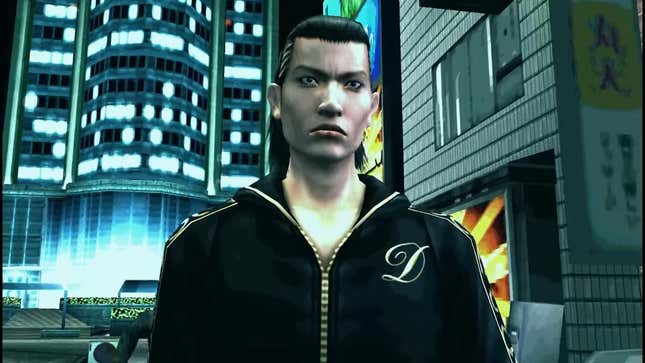
Screenshot: Sega / Syn Sophia
Yakuza has never shied away from talking about the reality of violence: both its dangers and how it can be an effective tool. Black Panther feels like the perfect distillation of the series ethos. Tatsuya starts as a broken misanthropic youth, but through fighting he learns to become a better person, to find real values. When the second game rolls around, Tatsuya’s using those lessons to try and teach others, and the story integrates more themes of friendship and camaraderie.
It’s a shame that so many fans never had the chance to experience some of the best storytelling the Yakuza series has ever done. The silver lining is that as of 2023 complete fan translations of both Black Panther games exist. But it’d be great to see Sega acknowledge the spinoffs in a more official capacity.
There are boundless opportunities to bring Black Panther back, or at least Tatsuya himself. Ryu Ga Gotoku has shown a penchant for remakes, and it feels like an adult version of Tatsuya could even integrate well into the Judgment games. (That might even be a better option now with Sega losing image rights to actor Takuya Kimura, who plays Yagami.) However you look at it, Black Panther and its sequel are two of only three Yakuza games that have never made their way West, and it’s high time that changes.

 3 months ago
70
3 months ago
70
